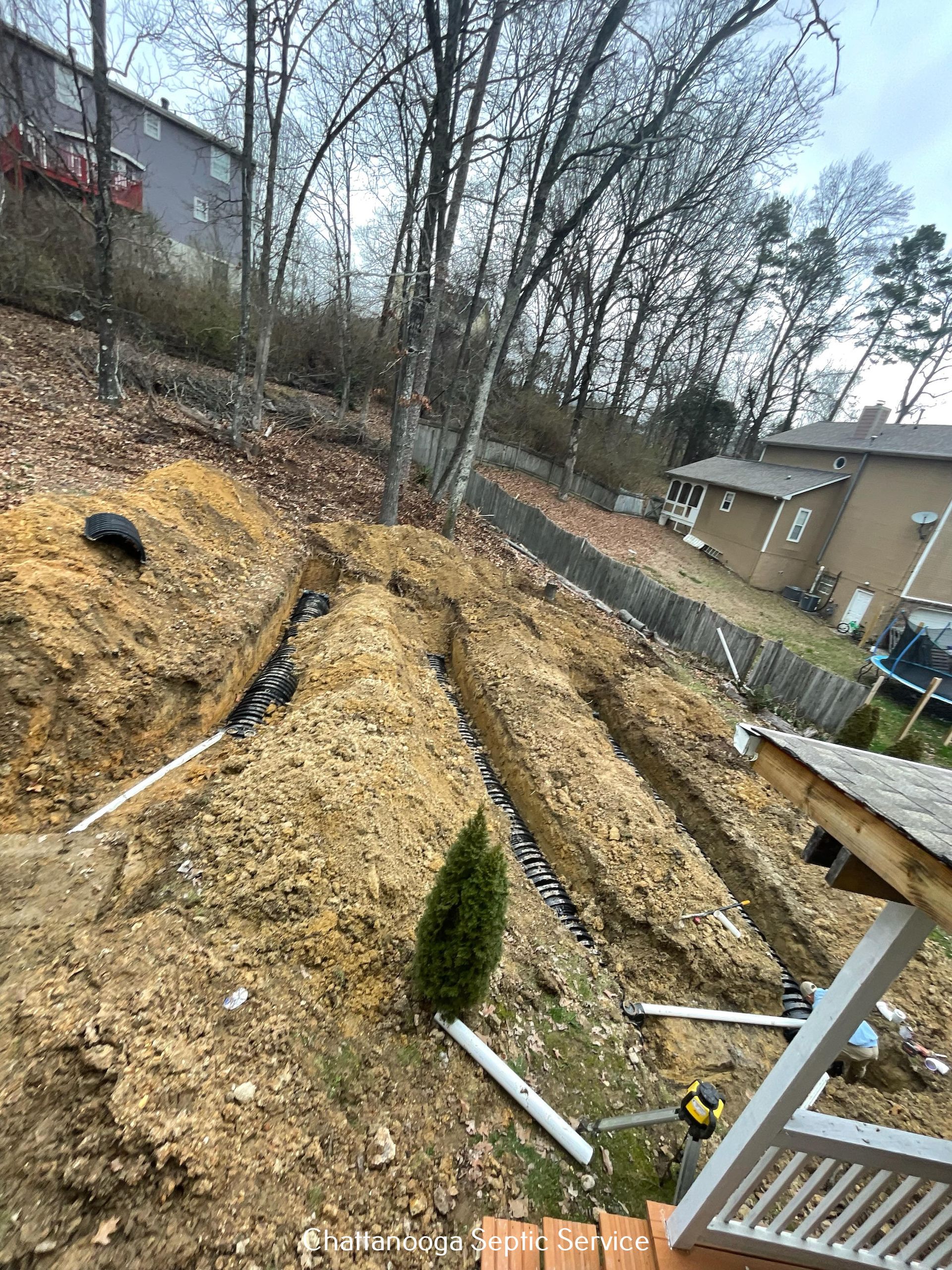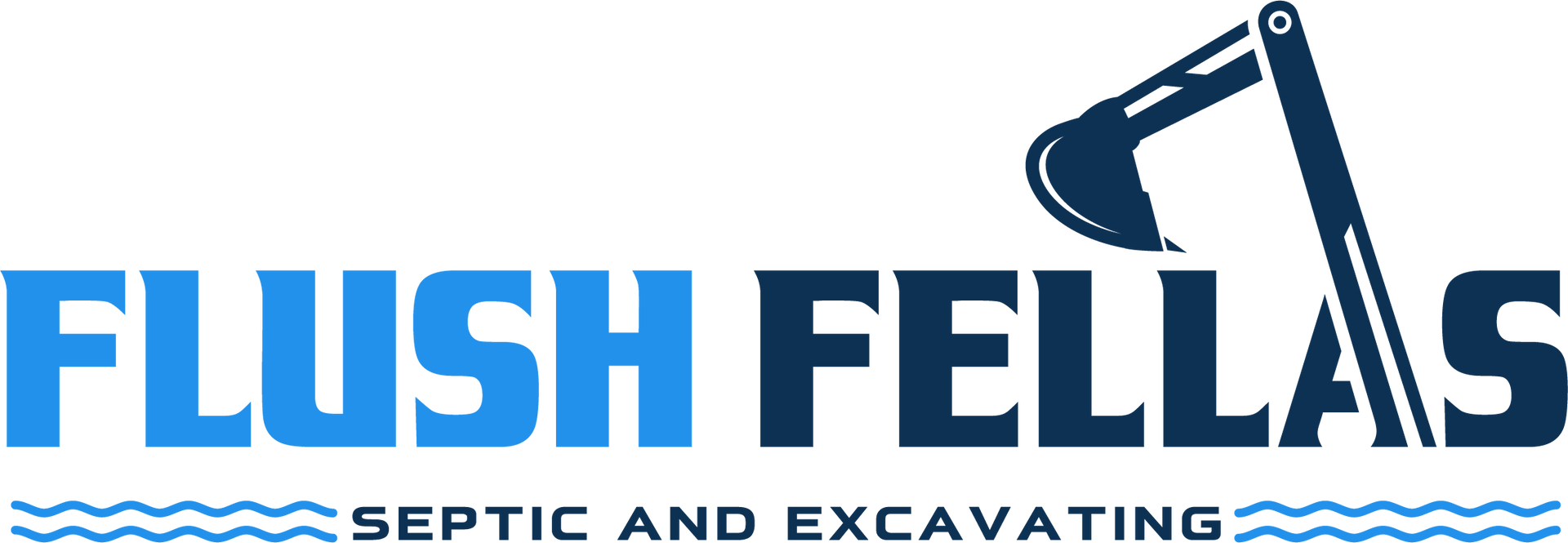The most common form of on-site wastewater treatment is a septic tank/soil absorption system. Wastewater is collected throughout your home and flows from the household sewer to the septic tank, where the waste is partially treated. The waste then moves on to a soil absorption field, where the final stages of wastewater treatment occur. Both of these components of your system are important and need to be maintained properly to avoid system failures, contamination of water, and increased risk to your family’s health. (1)
As a homeowner, there are multiple steps you can take to prevent your home’s septic tank from impacting water quality.
Maintenance Is Important
While the technology underlying a septic tank and field is basic, a septic system is not a “set and forget” system. Daily practices and routine maintenance will keep your septic system running smoothly. Septic system failure might result in untreated wastewater backups in your home or overflows in your yard near the septic tank. Untreated wastewater overflow can contaminate groundwater and surrounding ponds, rivers, or streams.
Call a septic tank contractor right away if there is a backup or overflow to avoid costly repairs and further environmental degradation.
How Septic Systems Impact Water Quality
The wastewater is not treated to lower pathogens or nutrient levels if the system fails or is an older system that discharges directly into groundwater. If this discharge is close to a body of water, it may harm water quality. Examples of these effects include contamination of groundwater with pathogens, chemicals, or nutrients that damage drinking water wells and pathogens such as E. coli, pollutants, and nutrients such as nitrogen, which can contaminate surface waterways. Pathogens can cause illnesses in recreational swimming areas, necessitating beach closures and posing risks to humans and pets.
Excess nitrogen and/or phosphorus can rapidly proliferate blue-green algae or cyanobacteria, resulting in algal blooms. Algae growth consumes oxygen and inhibits sunlight from reaching submerged plants. When the algae die, the oxygen in the water is depleted. This can kill fish and other aquatic species, resulting in regional “dead zones.”
Coastal waters are especially vulnerable to nitrogen contamination caused by failed septic systems. Phosphorus contamination from malfunctioning septic systems is more dangerous to freshwater rivers, lakes, and ponds. The cumulative impact of failed septic systems in close proximity to one another and to a body of water in environmentally sensitive locations may necessitate action at the regional or watershed level.
How to Care for Your Septic System
Most septic system problems can be avoided with appropriate care. Whatever you put down the drain affects your septic system, so only put down what your septic system is built to handle—human waste, toilet paper, and water. Avoid flushing these things into your septic system:
- Any solids other than human excrement and toilet paper. Examples include wipes, paper towels, coffee grounds, feminine supplies, and dental floss. To help reduce the quantity of oil and solids entering your system, consider removing (or at least limiting) the use of a garbage disposal.
- Cooking grease and oil. Too much grease and oil can upset the septic system and cause blockages. Find a technique to reuse cooking oil or dispose of it.
- Bleach and other harsh cleaning chemicals. Remember that your septic system is alive and relies on beneficial microorganisms to break down waste and purify the water. Harsh chemicals included in cleaning solutions, as well as gasoline, oil, insecticides, antifreeze, and paint, kill bacteria and cause sludge to accumulate in the septic tank.
- Medications. In addition, pills and liquid treatments can destroy bacteria in the septic system. Medication can be released into the environment through leaks and overflows.
- Consider how much water you’re putting into your septic system. The more wastewater that enters your system, the more strain it puts on it. Water usage should be spread out and conserved whenever possible.
- In addition to regular septic system maintenance, periodic inspections, and septic tank pumping Chattanooga are required. Chattanooga septic tank pumping removes the scum layer and extra sludge that accumulates over time. The EPA recommended that homeowners get their systems inspected every three years and their tanks flushed every three to five years.
- Finally, safeguard your drain field. Plant trees and plants away from the drain field since their roots can damage it. Downspouts and other water sources should be directed away from the field. Water in the septic field delays or halts the wastewater treatment process. Additionally, do not park, drive, or place heavy infrastructure such as a swimming pool on the field.
Homeowners who are unfamiliar with septic systems frequently do not give them much thought until they encounter a problem. Using excellent habits and frequent
septic tank pumping Chattanooga, homeowners using septic systems can prevent stress, extra costs, and environmental damage. Research multiple
septic tank pumping companies in Chattanooga area when looking for a company to do the necessary yearly maintenance on your septic tank. The right company will accurately quote the
cost to pumping septic tank in Chattanooga, TN.

Can faulty septic systems harm human health?
Untreated wastewater, including pathogens (e.g., E. coli), nutrients, and other hazardous compounds, is likely discharged straight into groundwater or onto the ground and into surface waterways from a failed septic system. Untreated wastewater from a failed drainfield poses a direct public health risk to everyone who comes into contact with it. Unknowingly, children and pets can be exposed to this hazard, which can cause disease. Contact your health professional if you or others have been exposed to untreated wastewater.
Moreover, straight pipes can discharge untreated wastewater directly into ditches, streams, and other bodies of water, posing both a direct and regional public health risk to everyone who encounters untreated wastewater. Untreated wastewater can pollute drinking water from groundwater wells and surface water sources, necessitating filtering and disinfection. Contact your local health department to have your water analyzed in this instance. Furthermore, excess nitrogen contamination in surface or groundwater supplies can have an adverse effect on drinking water systems, necessitating particular treatment.
Even in trace concentrations, chemicals discharged into septic systems can severely influence water quality and human health in both groundwater and surface water sources. This is why regular
septic tank pumping Chattanooga, TN is essential every one or five years.
For more information on Flush Fellas Septic & Excavating and our services, feel free to reach us via phone today: (423) 498-9839.

About the author
Charles Chandler
Charles Chandler is the founder of Flush Fellas, a septic and excavating company based in Chattanooga, TN. With a passion for providing top-notch services to his clients, Charles has established himself as a prominent figure in the industry. He has extensive knowledge of septic systems, excavation, and drainage solutions, which he uses to offer customized services that meet the specific needs of his clients. Charles is committed to providing exceptional customer service and building long-term relationships with his clients. He is dedicated to staying up-to-date with the latest industry trends and innovations to ensure that Flush Fellas continues to offer the best services possible.


